.jpg)
1.Control sparging time
At the end of the lauetring of the first wort when the grain bed is vaguely exposed, the sparge should start immediately. If too earlier, more extract will be hold in the grain bed. If too late, lauter time is extended and thus increase the oxygenating risk.
2.Appropriate sparge water temperature
The sparge water temperature is usually controlled at 75-78℃,maximum no higher than 80℃, minimum no lower than 70℃. Over high temperature of sparge water will wash out amount of Viscous material and break the activity of α amylase, so the wort will have a vaporific/no bright outlook. Over low temperature of sparge water can not wash out the left sugar maximumly thus speed down the lauter process.
3.PH value of sparge water
It should be under 6.0. Better adjust the water acidity in hot liquor tank with Phosphoric acid or
Lactic acid. If the acidity of sparge water is adjusted to a range of 5.8-6.0, it will help to reduce the polyphenols dissolution, and is helpful with the protein solidifies during boiling thus decreasing the wort color changing degree.
4. Sparge water quantity
Normally, the sparge is divided into two or three times in commercial brewery.
First time, 25% amount of total sparge water, mainly to wash out the first wort still left in the grain bed.
Second time, 45% amount of total sparge water, mainly to wash out the left extract.
Third time, 30 amount of total sparge water, further decrease the left extract in the grain bed.
5. We should sparge at appropriate limit. An over sparge will also wash out the hazardous substance included in the grain husk thus effect the beer quality. Besides, an over sparge will decrease the mixed wort gravity and increase the boiling energy consumption. So the mixed wort gravity should be only 1-1.5P lower than the final wort gravity (for example, for 11Plato beer, the mixed wort should be 9.5-9.8 P).
We are manufacture of beer brewing equipment. Contact us freely if anything we can help.
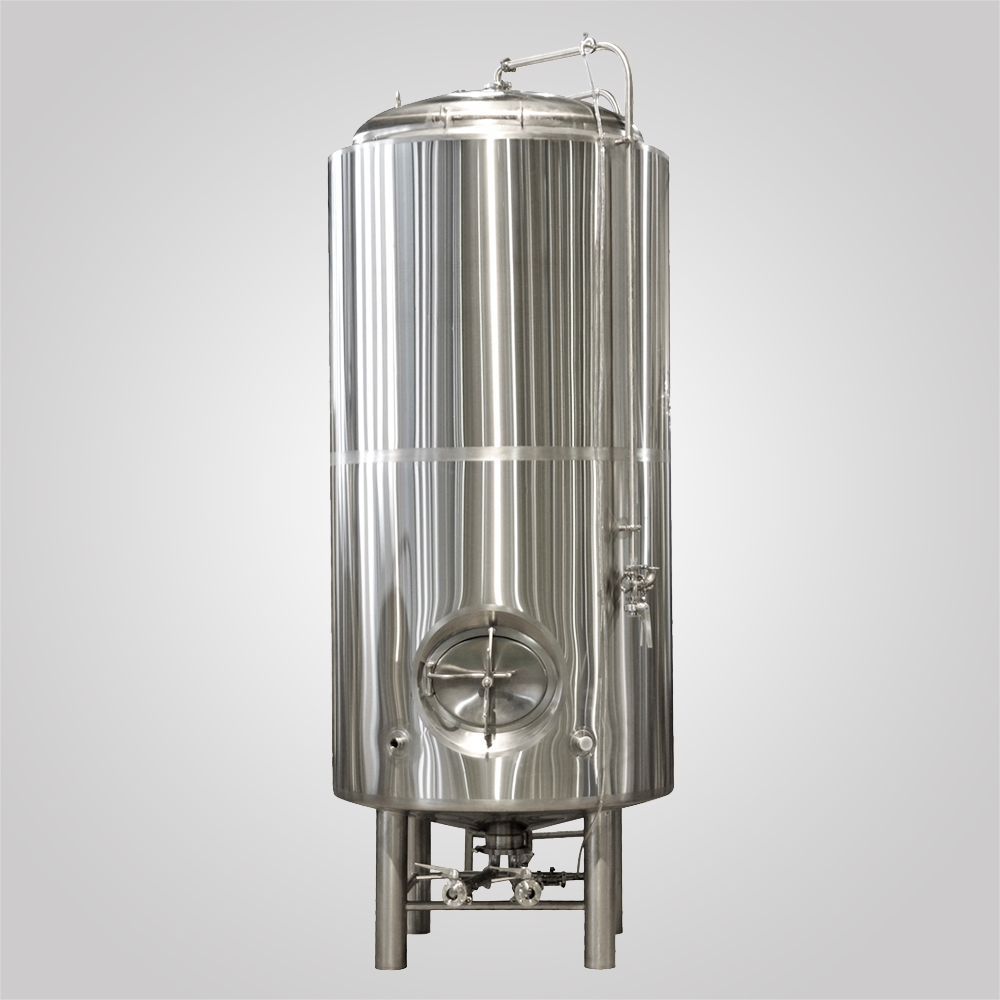
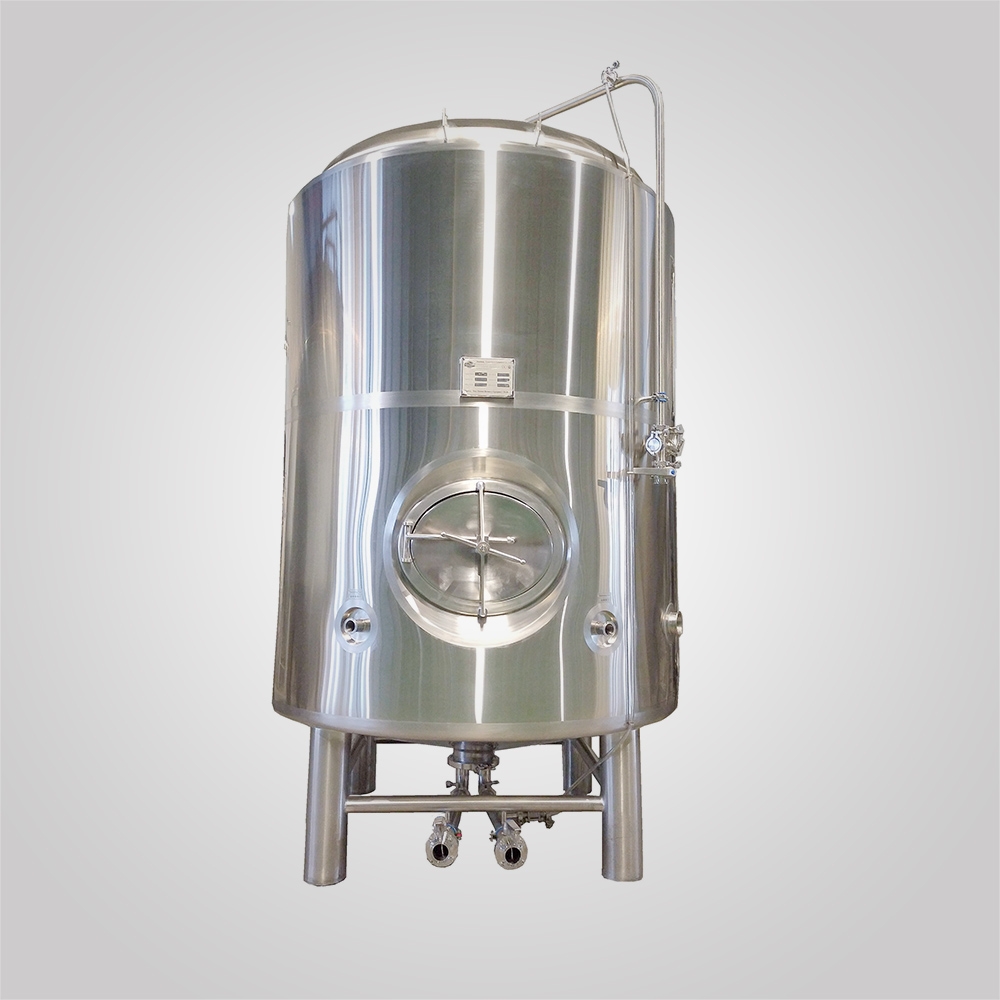
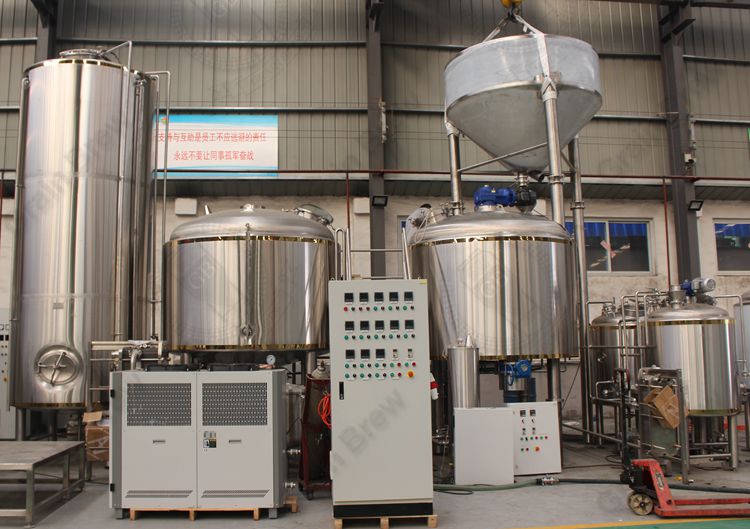
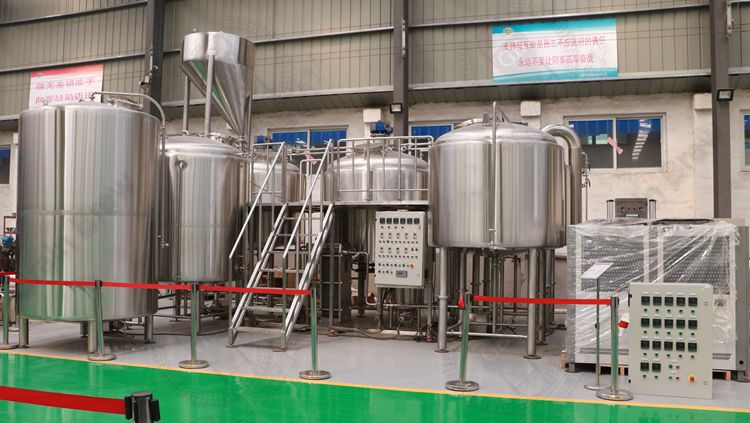
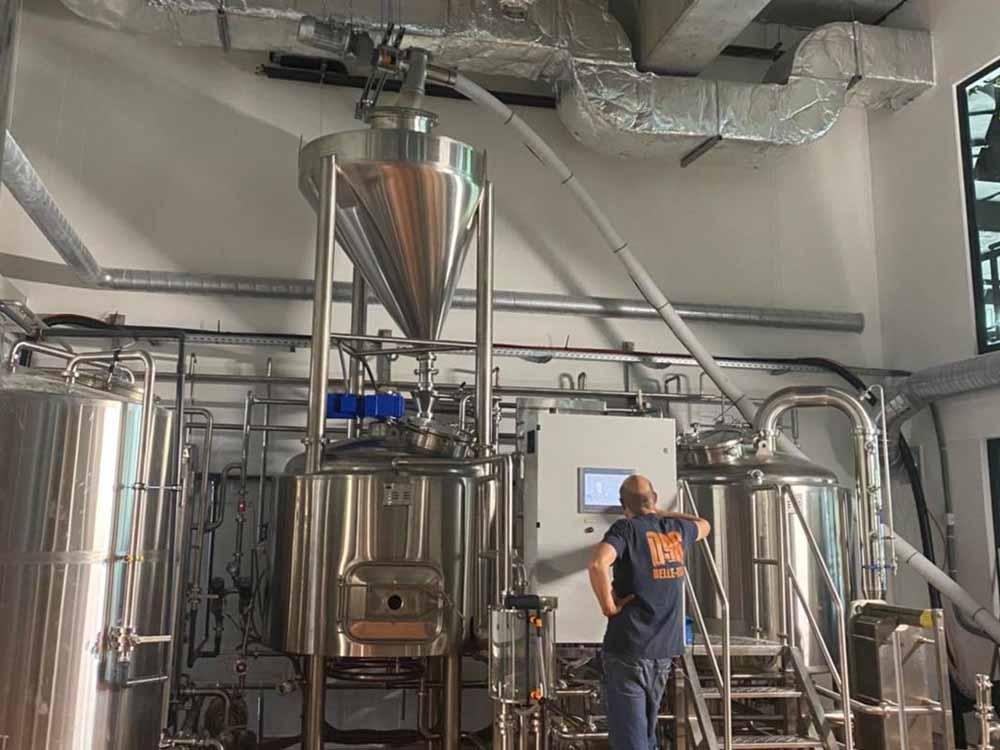
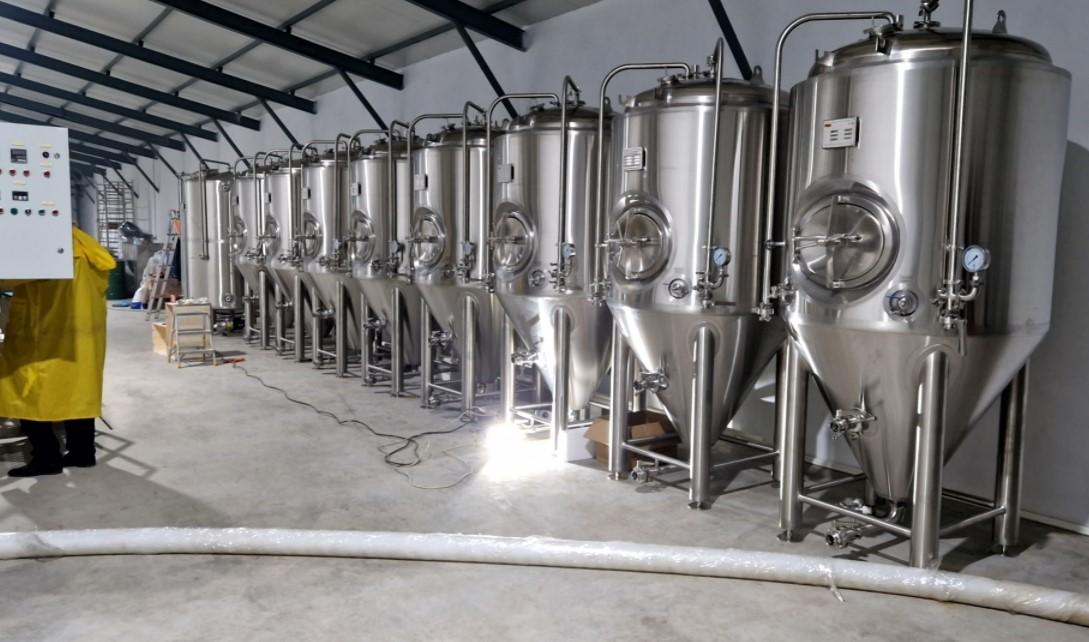
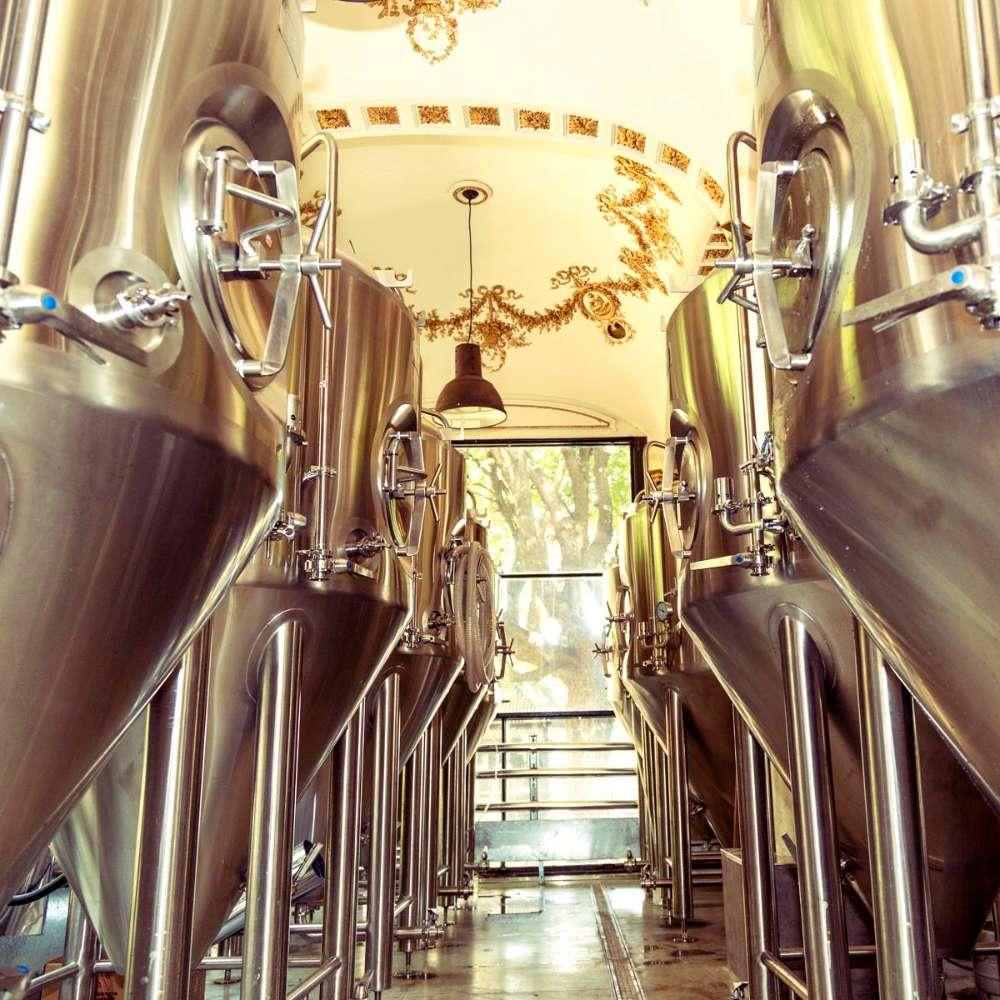
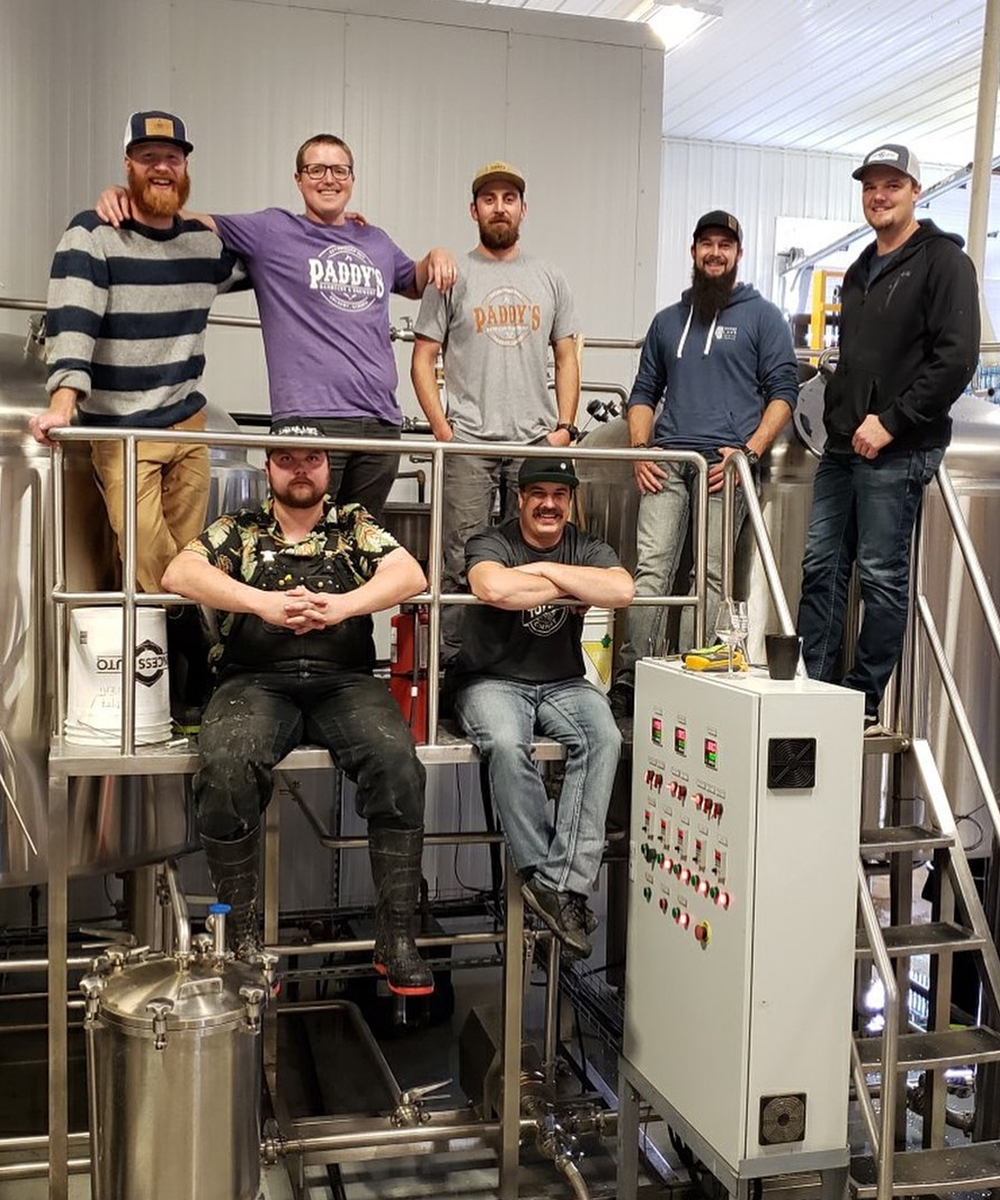
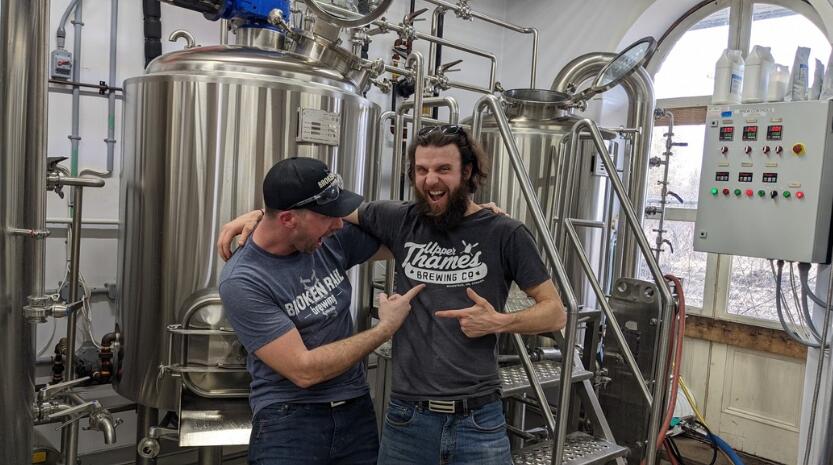
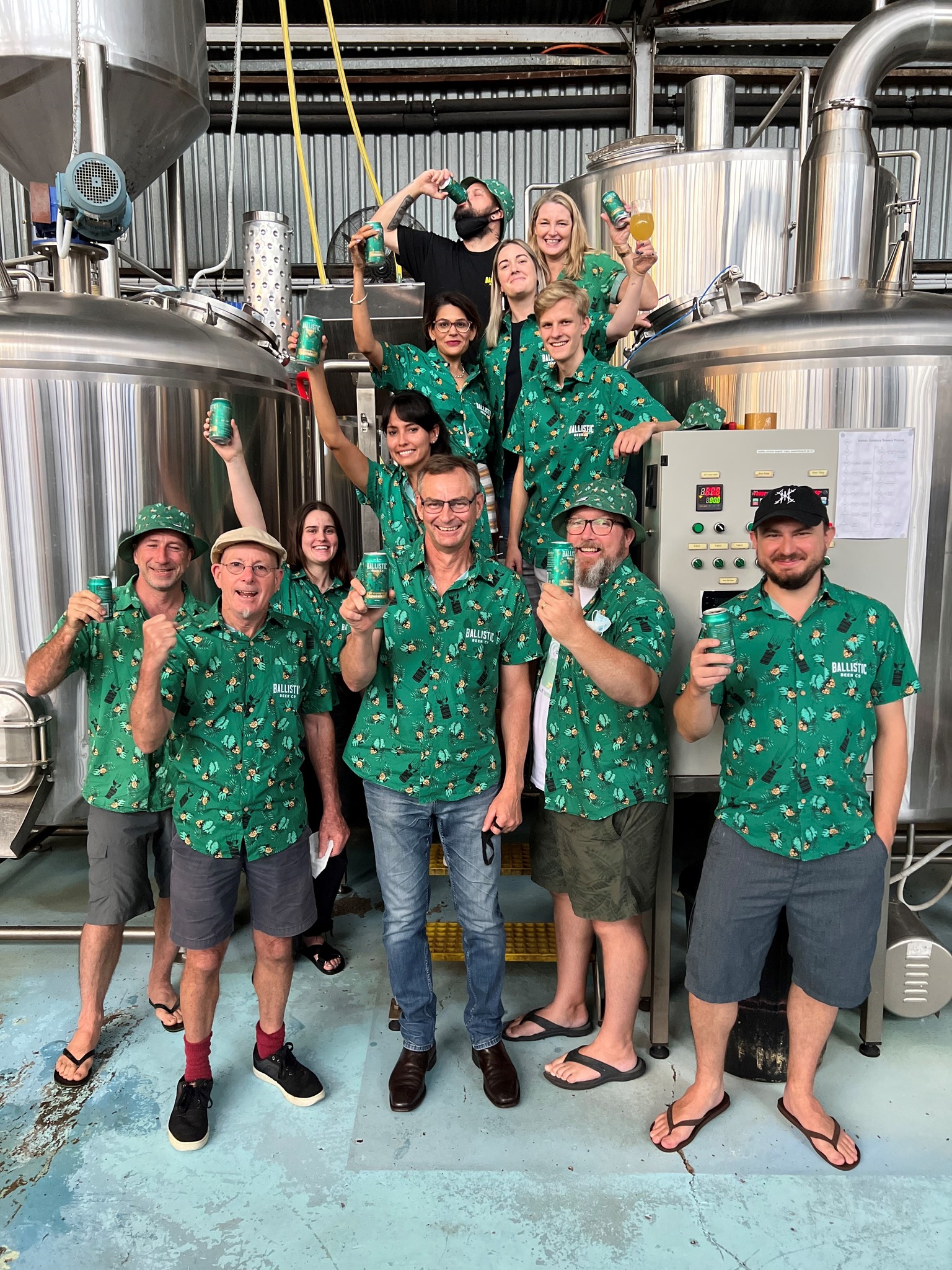
Get A Quote